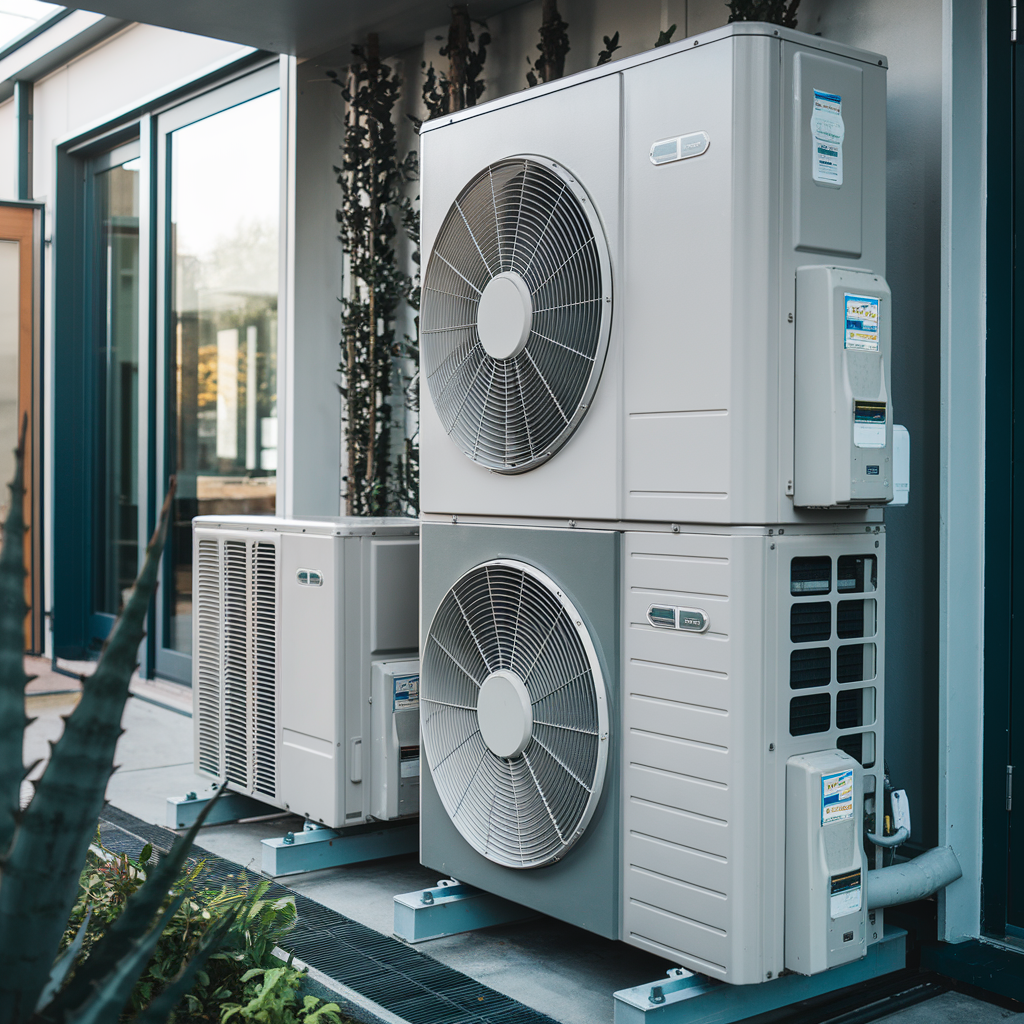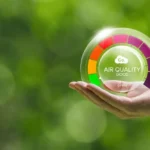During the hottest days of summer and the coldest stretches of winter, HVAC systems are under immense strain. Homes and businesses rely on their systems to provide steady comfort, but peak demand periods can expose weaknesses in performance and efficiency. If an HVAC system is not properly maintained, energy bills can skyrocket, breakdowns can occur at the worst possible times, and comfort levels may be compromised. Taking the right steps can help keep your unit in top condition, even when demand is at its highest. We will explore practical and reliable ways to maximize your HVAC system’s efficiency, extend its lifespan, and ensure it can meet seasonal challenges without unnecessary stress. By making small adjustments to maintenance, usage habits, and household practices, you can prevent system overload, reduce costs, and maintain a healthier indoor environment.
Key Steps to Maintain HVAC Efficiency During Peak Demand
1. Schedule Regular Preventive Maintenance
Preventive maintenance is one of the most crucial actions you can take to ensure your HVAC system operates smoothly during peak demand. Whether you’re maintaining a system locally or scheduling service for HVAC in Washington, a professional inspection ensures that critical components such as filters, coils, motors, and refrigerant levels are properly monitored and adjusted. When these parts are neglected, the system must work harder, resulting in higher energy consumption and an increased likelihood of breakdowns. During maintenance visits, technicians can also detect small problems before they escalate into major repairs.
For example, a minor refrigerant leak caught early can prevent compressor failure, which is one of the most costly issues to repair. By scheduling maintenance at least twice a year, typically in the spring and fall, you prepare your system to handle the stress of extreme seasonal temperatures. This proactive approach not only keeps your system efficient but also gives you peace of mind knowing that it can handle long hours of operation when demand is at its highest.
2. Replace or Clean Air Filters Frequently
One of the simplest yet most effective ways to improve HVAC efficiency is to replace or clean air filters regularly. A clogged filter restricts airflow, forcing the system to work harder to maintain the desired indoor temperature. This increased strain reduces energy efficiency, raises utility bills, and accelerates wear on mechanical parts. During periods of peak demand, such as summer heat waves or winter freezes, this additional stress can lead to breakdowns.
Most manufacturers recommend changing disposable filters every one to three months, while washable filters should be cleaned at the same frequency. Homes with pets, smokers, or high levels of dust may require even more frequent replacement. Fresh filters not only support better efficiency but also improve indoor air quality by trapping dust, pollen, and allergens. This simple habit is one of the most cost-effective ways to keep your HVAC system running at peak performance when it is needed the most.
3. Use a Programmable or Smart Thermostat
Thermostats play a critical role in controlling HVAC efficiency, especially when demand is high. A programmable thermostat allows you to set specific temperature schedules for different times of the day, reducing energy waste when you are asleep or away from home. More advanced smart thermostats can adapt to your habits and automatically adjust settings to optimize comfort and efficiency. For example, the system may reduce energy consumption during peak utility hours and return to a comfortable setting before you arrive home.
By avoiding unnecessary strain during periods of peak demand, you extend the life of your HVAC system and reduce overall costs. Additionally, some smart thermostats provide energy reports, helping you understand usage patterns and identify opportunities for further savings. Making this upgrade is a simple step that pays for itself over time by striking a balance between comfort and reduced strain on your HVAC system.
4. Seal Air Leaks and Improve Insulation
Efficiency is not only about the HVAC unit itself but also about how well your home or building retains conditioned air. Leaks around windows, doors, ducts, and attics force your system to work overtime as cooled or heated air escapes. This wasted energy increases costs and adds unnecessary pressure during periods of high demand. By sealing air leaks with weatherstripping or caulking and ensuring that ductwork is properly sealed, you can significantly minimize this problem. Insulation is another critical factor—poor insulation means conditioned air easily escapes, requiring longer cycles from your HVAC system.
Adding insulation in attics, basements, and walls provides a long-term solution to reduce wasted energy. Together, sealing and insulating can dramatically improve your HVAC efficiency. Not only will this lighten the load on your unit during peak demand, but it also ensures more consistent comfort throughout your home, reducing hot and cold spots in different rooms.
Keeping your HVAC system efficient during peak demand requires a combination of maintenance, household adjustments, and mindful energy habits. By scheduling preventive maintenance, regularly replacing filters, upgrading thermostats, and addressing issues such as air leaks, inadequate insulation, and excessive humidity, you create a system that operates more reliably and cost-effectively. Small changes, such as reducing internal heat loads and keeping outdoor units clear, can lead to significant improvements over time.
When combined with year-round energy-saving practices, these strategies help reduce strain during periods when you need your system the most. By committing to these steps, you not only lower your costs and extend your system’s lifespan but also ensure your comfort during the most demanding weather conditions.






